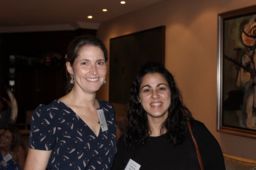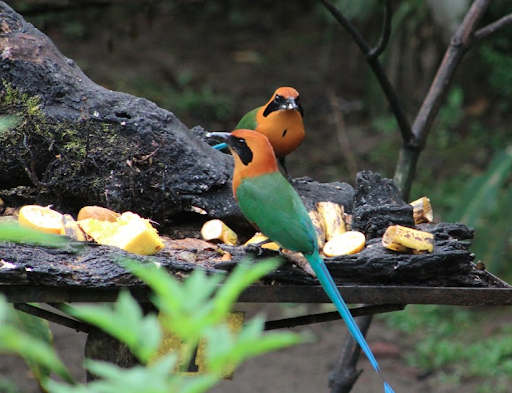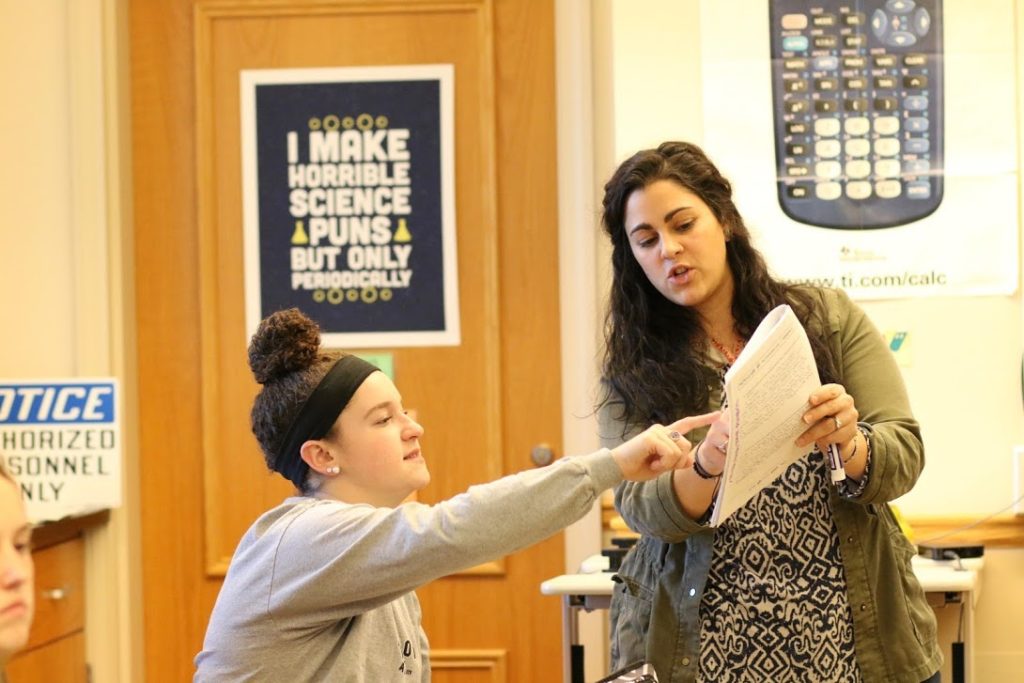
By Kim Harris Thacker P’24
Pictured: Faculty member Dr. Melissa Bernardo and Alexandra Henriquez de Salceda ’97
Although Walker’s science teacher Dr. Melissa Bernardo and Director of Alumnae Relations Marion Paterson P’17, ’19 recently traveled to Panama, it wasn’t just to enjoy the sunshine and explore extinct volcanoes — although they did that, too. “First, we wanted to do some groundwork in planning a Spring Break trip for my tropical ecology class next year,” says Bernardo, “and second, we wanted to reconnect with our alumnae who live in Panama.”

Just as the Panama Canal brings together the Atlantic and Pacific oceans, the two purposes for Bernardo and Paterson’s Spring Break trip intersect. “It was through the alumnae that we were able to make contacts with women of influence in the country, including many in Panama’s ecology scene,” says Paterson. Among the latter were scientists at several of Panama’s Smithsonian Tropical Research Institute (STRI) outposts, including a site on Barro Colorado Island.
According to the Smithsonian Institute, Barro Colorado Island is home to “the most intensively studied tropical forest in the world.” The STRI outpost on the island is an important research site for professional scientists as well as a teaching facility where students of all ages can learn about tropical ecology. It was there that Bernardo and Paterson observed STRI scientists teach basic principles of tropical ecology to young visitors using bilingual children’s stories.
After visiting a local school whose students expressed their desire to learn English, Bernardo recalled the STRI scientists’ teaching techniques and decided to adjust her curriculum for next year to include an assignment for her students to write simple, science-based children’s books. “We are looking to make Walker’s trips to Panama valuable in many ways, including in the area of community partnerships,” she says. “By distributing the books our students write to local kids in Panama, we will connect our two communities and help the kids there to learn English.”

This and other cross-curriculum elements to Bernardo’s tropical ecology class help the subject to appeal to a wide Walker’s student population.
“Even though tropical ecology is a science elective, students are coming to the class from lots of different backgrounds and with lots of different interests,” Bernardo says. “Some will be interested in the community partnership and service aspect of the trip, while others will get excited by the ecology aspect. I want the class and the trip to appeal to everyone.”
“Visiting Panama is a great educational opportunity,” Paterson adds. “So many things, not just continents and oceans, can come together there.”